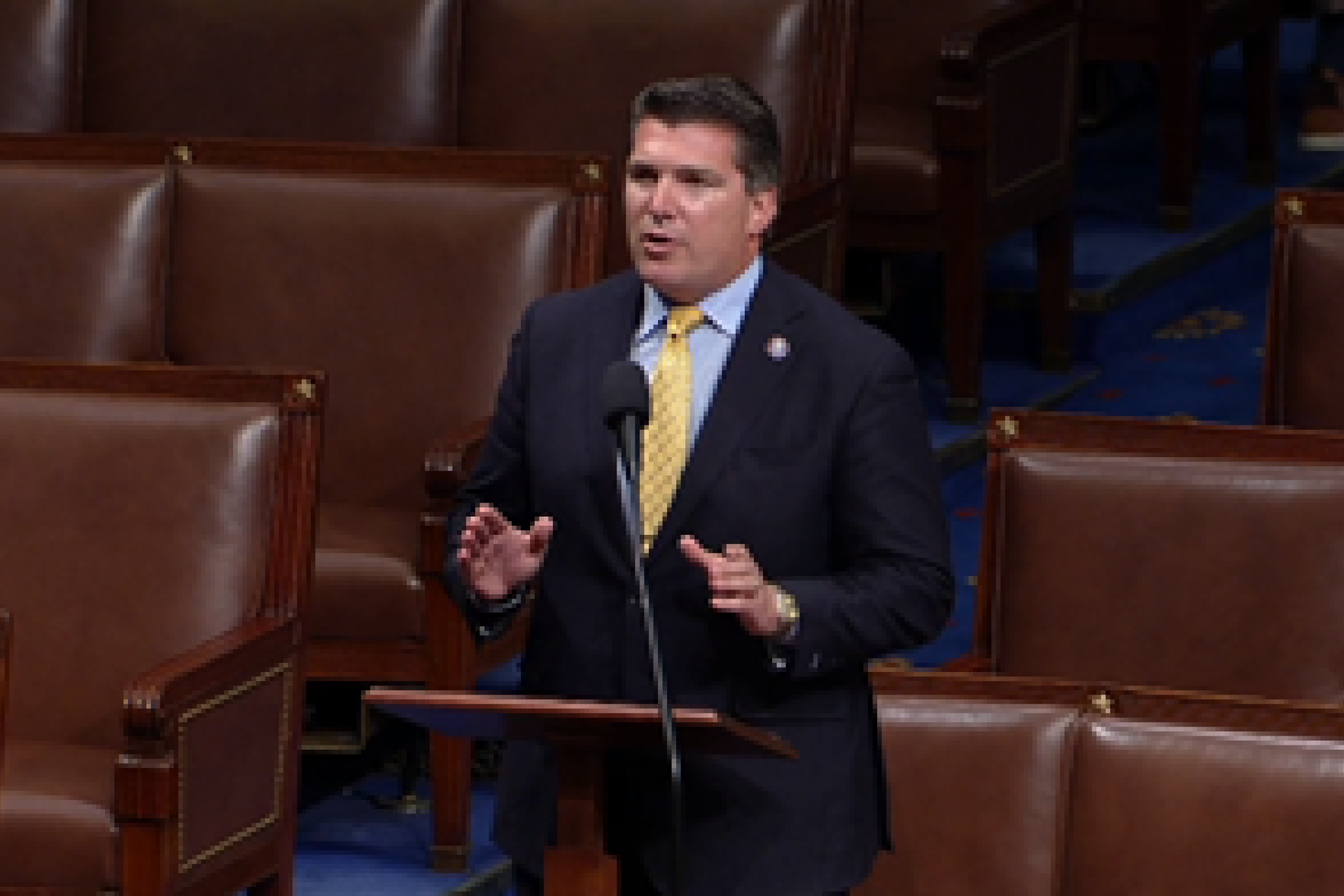Obernolte bills to strengthen computer science workforce, support next-generation computing pass U.S. House of Representatives

Two pieces of legislation authored by U.S. Congressman Jay Obernolte (R-Hesperia) passed the U.S. House of Representatives on Monday as part of bipartisan packages from the House Science, Space and Technology Committee. The Fellowship and Traineeships for Early-Career AI Researchers Act will strengthen the computer science workforce by supporting fellowship programs and traineeships for graduate students researching artificial intelligence, while the Next Generation Computing Research and Development Act accelerates advanced computing programs at the Department of Energy to help American scientists and students lead in advanced computing.
“The future of national security, innovation and jobs all lie in our ability to lead the world in technology education and to unlock new answers about the workings of the world around us,” said Rep. Obernolte. “It is imperative that we take steps to actively build our nation’s computer science workforce and accelerate research and development of next generation technologies. This will allow us to find new answers to problems from predicting weather patterns and preventing wildfires to strengthening our energy grid and improving our national defense.”
Rep. Obernolte’s Fellowship and Traineeships for Early-Career AI Researchers Actpassed the House of Representatives as part of H.R. 2225, the National Science Foundation (NSF) For the Future Act, a bipartisan bill designed to grow the STEM workforce, bolster critical government-supported research and development programs and secure American technology from theft and interference. Rep. Obernolte’s legislation, which was introduced just weeks ago, directs the National Science Foundation to award traineeship grants and grants supporting fellowship programs for graduate students pursuing research on artificial intelligence.
“The United States lags other countries such as China in producing highly-skilled computer science professionals,” said Rep. Obernolte. “We must do more as a nation to actively strengthen our computer science workforce, and my legislation supports that mission.”
The Next Generation Computing Research and Development Act, passed as part of H.R. 3593, the Department of Energy (DOE) Science for the Future Act, is specifically designed to accelerate advanced scientific computing programs at the Department of Energy that go beyond classical computing abilities. These developments form a critical part of the next wave of post-exascale computing and support discoveries to bolster clean energy production, predict weather patterns, prevent wildfires, and improve national defense.
“New answers about the workings of our world will only come with the help of the next generation of supercomputers and the existence of a science workforce trained to support them,” said Rep. Obernolte. “My legislation will build on successful projects at the Department of Energy to help American scientists and students lead the way.”
Rep. Obernolte is a computer scientist himself, holding a B.S. in Engineering and Applied Science from the California Institute of Technology (Caltech) and a M.S. in Artificial Intelligence from the University of California, Los Angeles (UCLA). He also founded and managed a software development company for over 30 years. He serves as the ranking member of the Investigations and Oversight Subcommittee on the House committee for Science, Space and Technology.
